Hello UFV,
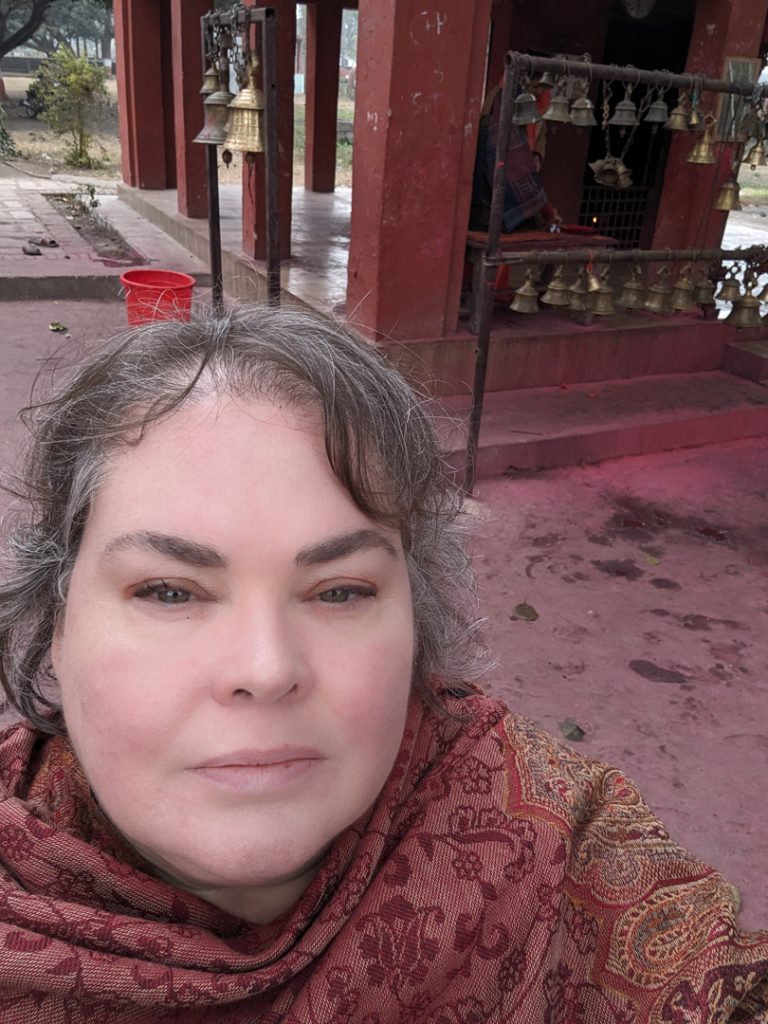 My name is Allie. I am a Global Development student and research assistant at the Community Health and Social Innovation Hub (CHASI). This winter, I left the comfort of my home, UFV classrooms, and CHASI to spend a semester interning in Nepal. Today, I am taking over the CHASI blog to share my experiences with you.
My name is Allie. I am a Global Development student and research assistant at the Community Health and Social Innovation Hub (CHASI). This winter, I left the comfort of my home, UFV classrooms, and CHASI to spend a semester interning in Nepal. Today, I am taking over the CHASI blog to share my experiences with you.
As a Global Development student, I study how factors like cultural belief systems, government structures, and the lack of economic resources impact marginalized groups. Interning allowed me to witness the complexities that hinder development and stagnate human rights efforts. When working on the ground I developed a deeper understanding of the issues.
The Madhesh Province of Nepal
One of my placements was at the National Human Rights Commission of Nepal (NHRCN) in Madhesh Province. This region borders India, is rich in farmland and has temples of cultural significance for Hindus worldwide. The Madhesh province has also struggled to increase infrastructure and shift away from patriarchal values. It lags behind other areas of Nepal on development markers like infrastructure, child marriage, education, and access to clean water (Government of Nepal, 2021).
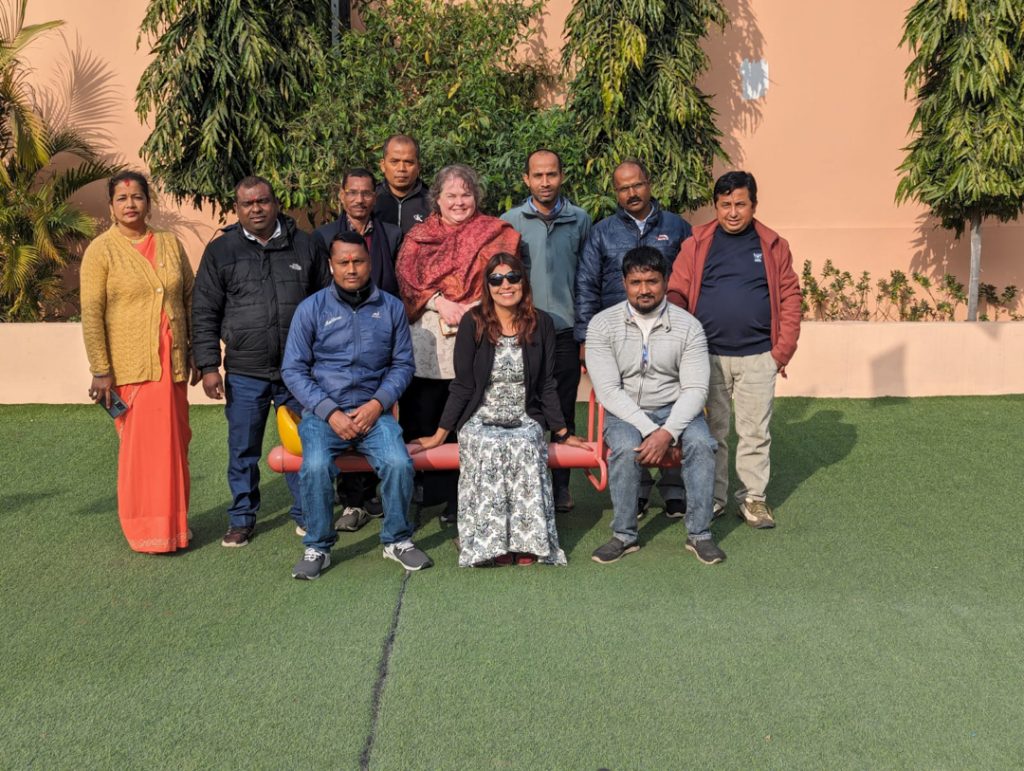
During my time in Madhesh, I stayed in the capital city Janakpur. The people of Janakpur were warm and welcoming with a deep-rooted sense of community and culture. I visited places of historical significance that Hindus from all over the world travel here to see. And, I witnessed many barriers to development. As I moved around the city I would see garbage everywhere, stray animals, feces, and stagnant water. I could see the poverty, child labour, and the lack of status for women. Next, I will share a few of my observations with you.
Observations of Janakpur
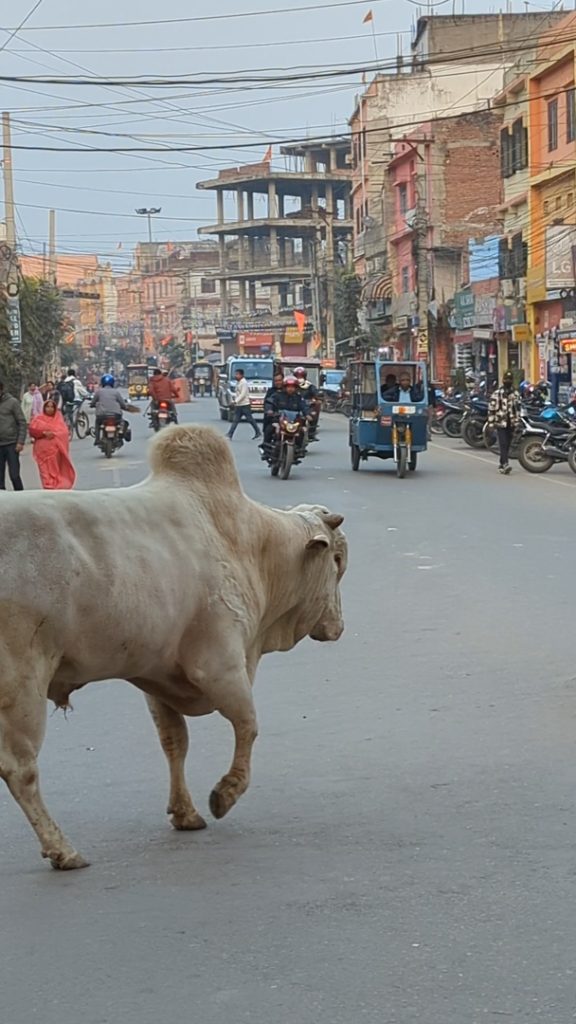
When I arrived, I noticed that garbage collection had stopped. People were leaving garbage in the streets and in open lots, everywhere. I also noticed friendly stray dogs were roaming. For Hindus, dogs are sacred. It is part of the culture to feed dogs and allow them to roam. Unfortunately, the dog population is not controlled and the street dogs do not receive medical care (citizens who keep dogs as family pets do use veterinary care). This meant seeing dogs with mange, fleas, and other distressing medical conditions. Cows are also sacred and roam the streets. They could be stray or owned (Oxen were used to transport goods around the city). With so many animals roaming the city, this meant there was animal feces everywhere. The combination of garbage and feces left runoff water in ditches stagnant. It made the city feel dirty and uncared for.
However, after passing the same animals daily, I began to enjoy my interactions with them. I understood how much they meant to the people of Janakpur even though they were also causing inconveniences. Experiencing the complexity of cultural beliefs, the need for clean water and witnessing the difficulties local governments had providing sanitation services allowed me to think deeply about how to encourage change at the grassroots level.
Gender & Politics
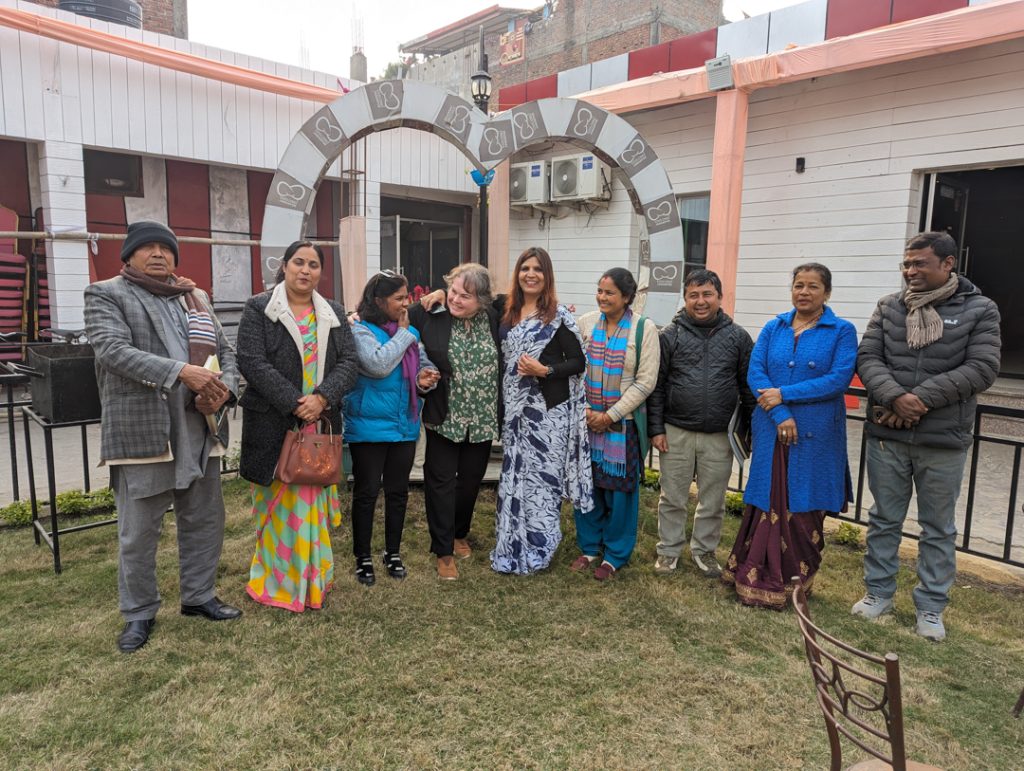
As an intern at the NHRCN-Madhesh I was able to meet local political leaders. I listened to their concerns about the garbage in the city and learned about the obstacles they faced in developing a reliable garbage collection program. When speaking to a female politician, she shared with me how difficult it was for women to be in leadership in Nepal. She mentioned that the social status of a female politician’s husband and their income were factors that would increase or decrease support. She told me some female politicians were used as proxies, with their husbands making all the decisions. They would be expected to sign documents without discussion or feedback. One Nepali I met told me about a woman who was elected to the local council and never spoke at meetings. Instead, her husband accompanied her to all the meetings and spoke for her.
These unhealthy practices are happening both because of and despite Nepal introducing national legislation in 2015 to enforce gender quotas during elections. In 2017, the first election after gender quota legislation was introduced, over 41% of elected officials were women (UN Women, 2022). When we consider this figure alone it sounds like an amazing win for women and gender equity in Nepal. However, as my conversations with locals above indicate, the transition for women in politics has not been without challenges.
A study done by UN Women published in 2022 looked at the challenges Nepali women in politics have faced since the 2017 election quotas. They found over ⅓ of women in politics report some form of psychological violence, sexual harassment, physical violence or other types of violence/bullying described as Violence Against Women in Politics (VAWP). Of those women who reported some type of VAWP, 49% said the violence increased after they moved to a higher position (UN Women, 2022). Dalit, Indigenous and single women had higher incidences of VAWP, and the Madhesh province has higher rates of VAWP than other areas of Nepal (UN Women, 2022). The UN Women research confirmed that women were being used as proxies, forced out of debates and even not given budgets to work with (UN Women, 2022).
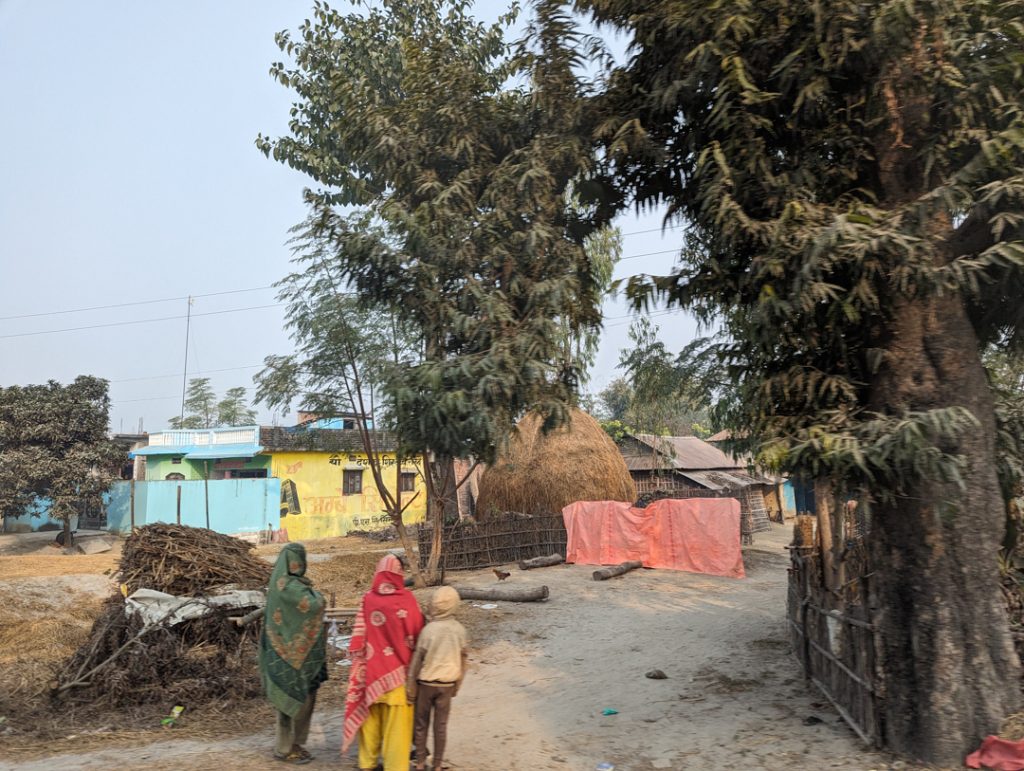
The Importance of Grassroots Work
As an intern one of my biggest takeaways was witnessing that legislation can change, but unless the majority of citizens agree to the change, or it is uniformly “enforced” the desired result may not happen. This shows the shortcomings of legislation alone and how top-down programming often does not always address the needs of citizens at the grassroots level.
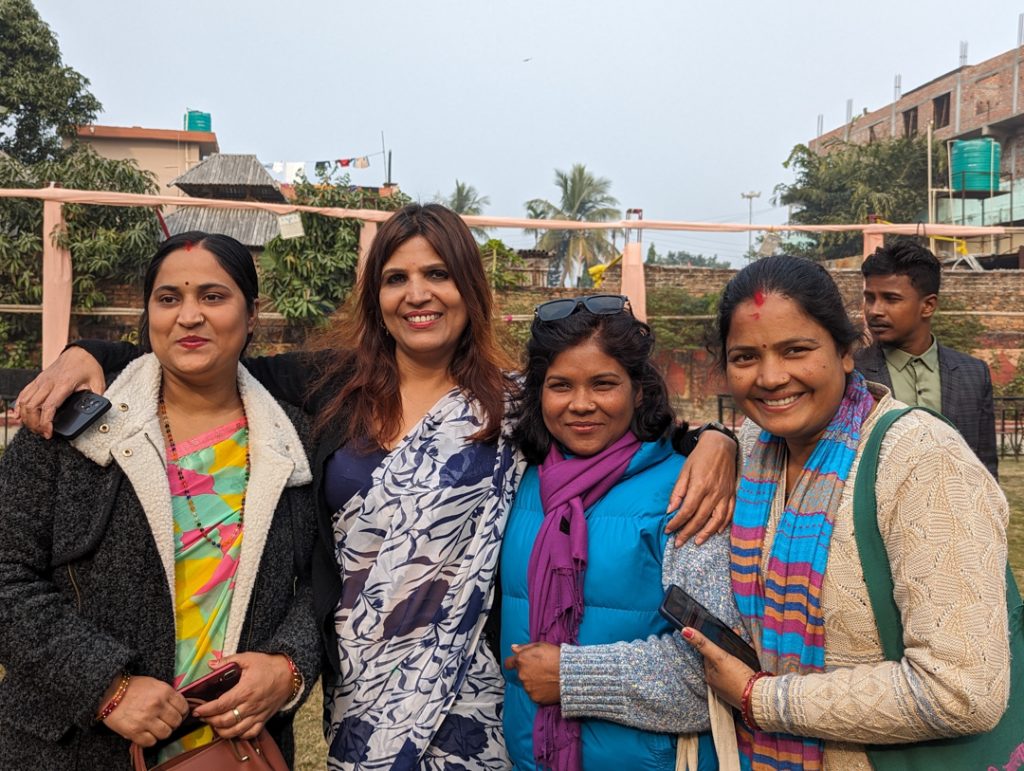
Personal Growth & Acknowledgements
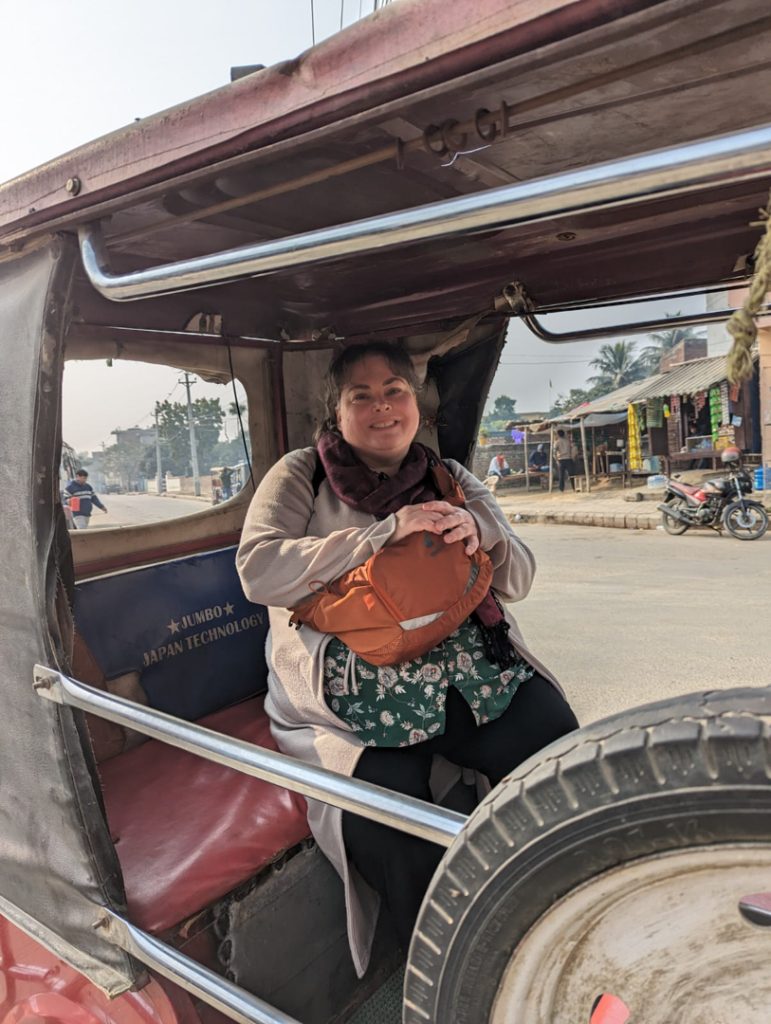 In conclusion, being an intern was a life-changing experience. My experiences have changed the way I view development and improved my understanding of concepts I have learned at UFV. My newly gained insights and skills will equip me to work in international environments in the future. The time I spent away from all my comforts was 100% worth it!
In conclusion, being an intern was a life-changing experience. My experiences have changed the way I view development and improved my understanding of concepts I have learned at UFV. My newly gained insights and skills will equip me to work in international environments in the future. The time I spent away from all my comforts was 100% worth it!
Thank you to the following people & organizations for mentoring, encouraging and helping me along the way.
- Dr. Geetanjali Gill, Global Development Program Chair for providing this opportunity to me and 5 other students this semester. You have shaped the way I view the world and taught me more than I thought I could learn.
- Dr. Rita Dhungel, for sharing your home country with me, making sure I was supported on the ground and for coming to tea at Didibahini.
- Manju Khatiwada Regmi, Under Secretary of NHRCN-Madhesh. Your mentorship has changed the way I view development. I will forever be grateful for your mentorship, counsel, and friendship.
- Saloni Singh, founder of Didibahini, you taught me so much about the history of gender equity in Nepal and the importance of collaboration when making impactful change.
- Samita Karmacharya, Office Manager, Didibahini. Your counsel, encouragement, milk tea, and laughs made leaving Nepal hard. I will see you in Dallas.
- Professor Chelsea Klassen (aka, my boss at CHASI). Thank you for encouraging me to take the semester and go (and reminding me to bring a headlamp). Your faith in me has developed my self-confidence and I am forever grateful.
Lastly, thank you to GSO Canada for providing funding and UFV International for keeping me on the right track. I could not have done this without these organizations either!
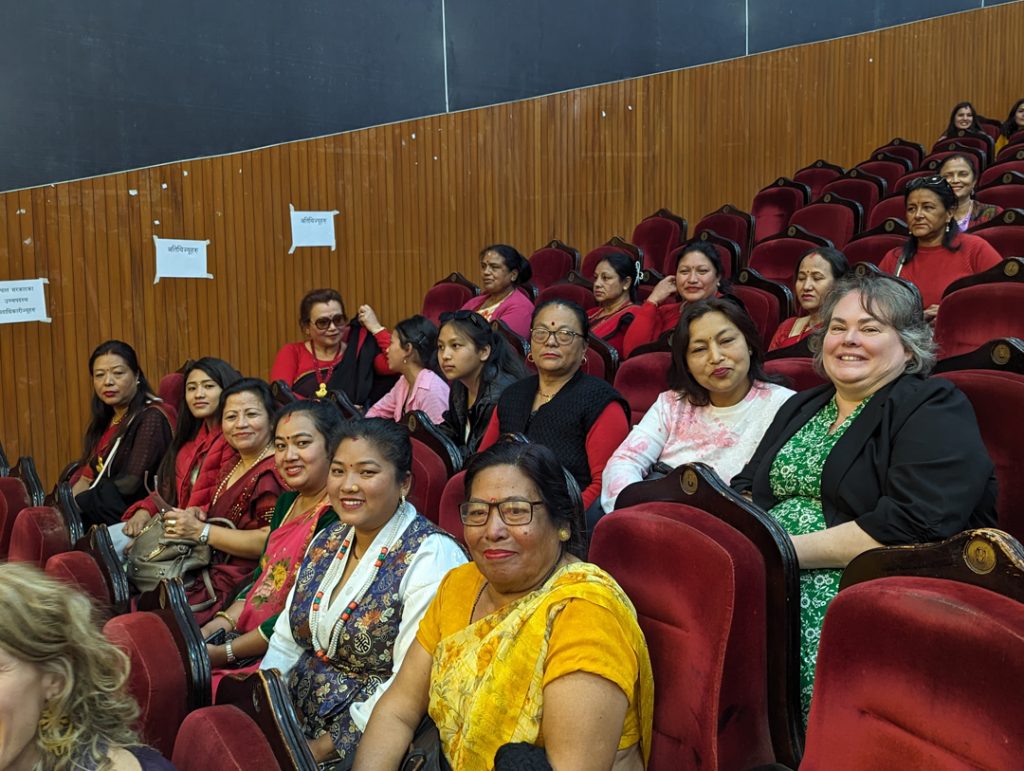
Allie will be presenting the story of her trip, alongside other students’ work and experiences, at the SOJUST Student Showcase on Thursday, April 25th. No RSVP is required and all are welcome to attending in A225 of the Abbotsford Campus from 4:00 to 6:00 PM.

References
- Government of Nepal. (2021). National Population and Housing Census 2021. National Statistics Office. https://censusnepal.cbs.gov.np/results
- SUBSTANTIVE EQUALITY: Non-negotiable. (2015). UN Women. https://asiapacific.unwomen.org/en/digital-library/publications/2015/12/substantive-equality-non-negotiable
- UN Women. (2022). ‘Invisible’ Violence, Visible Harms. Nepal Country Office. https://asiapacific.unwomen.org/en/digital-library/publications/2022/12/invisible-violence-visible-harms

